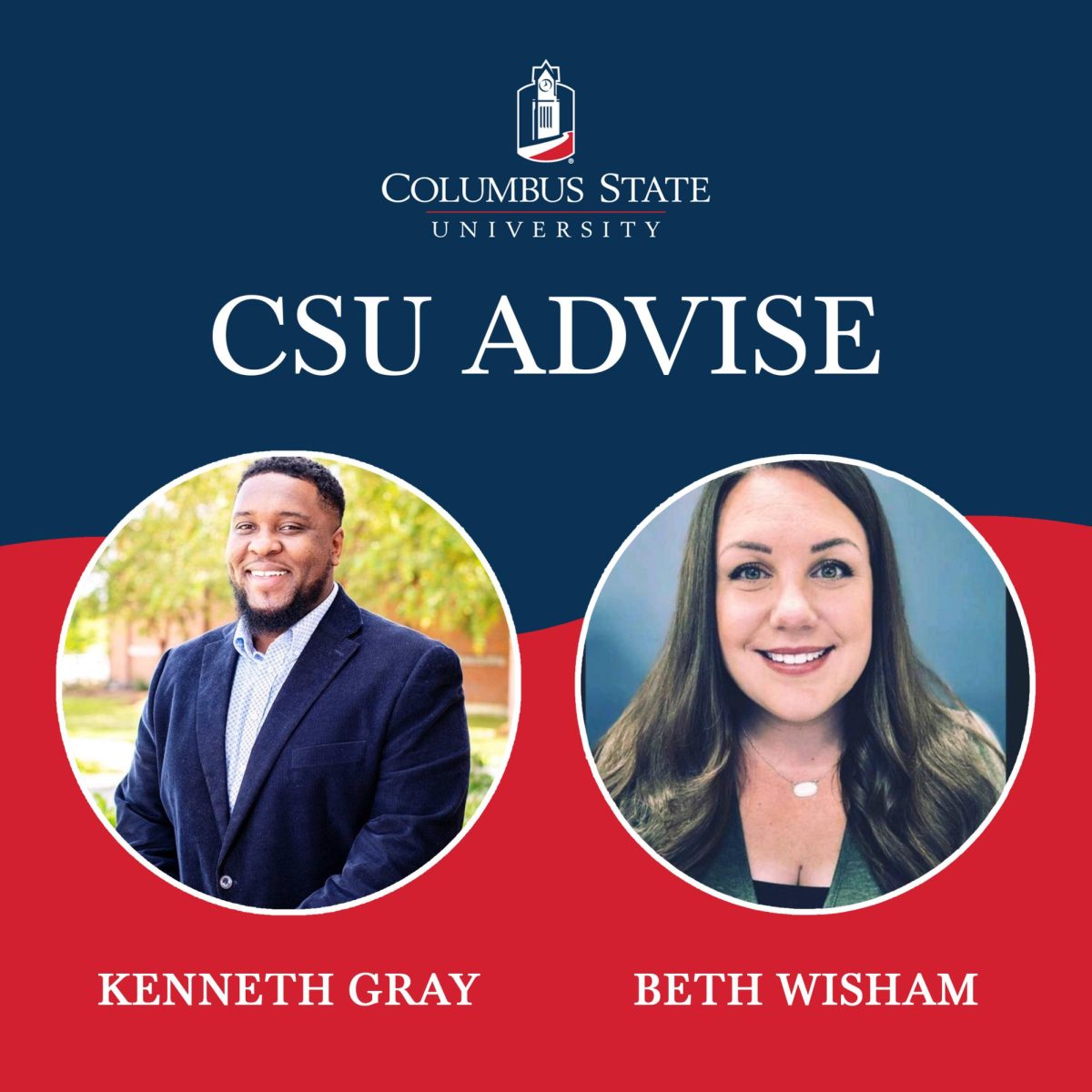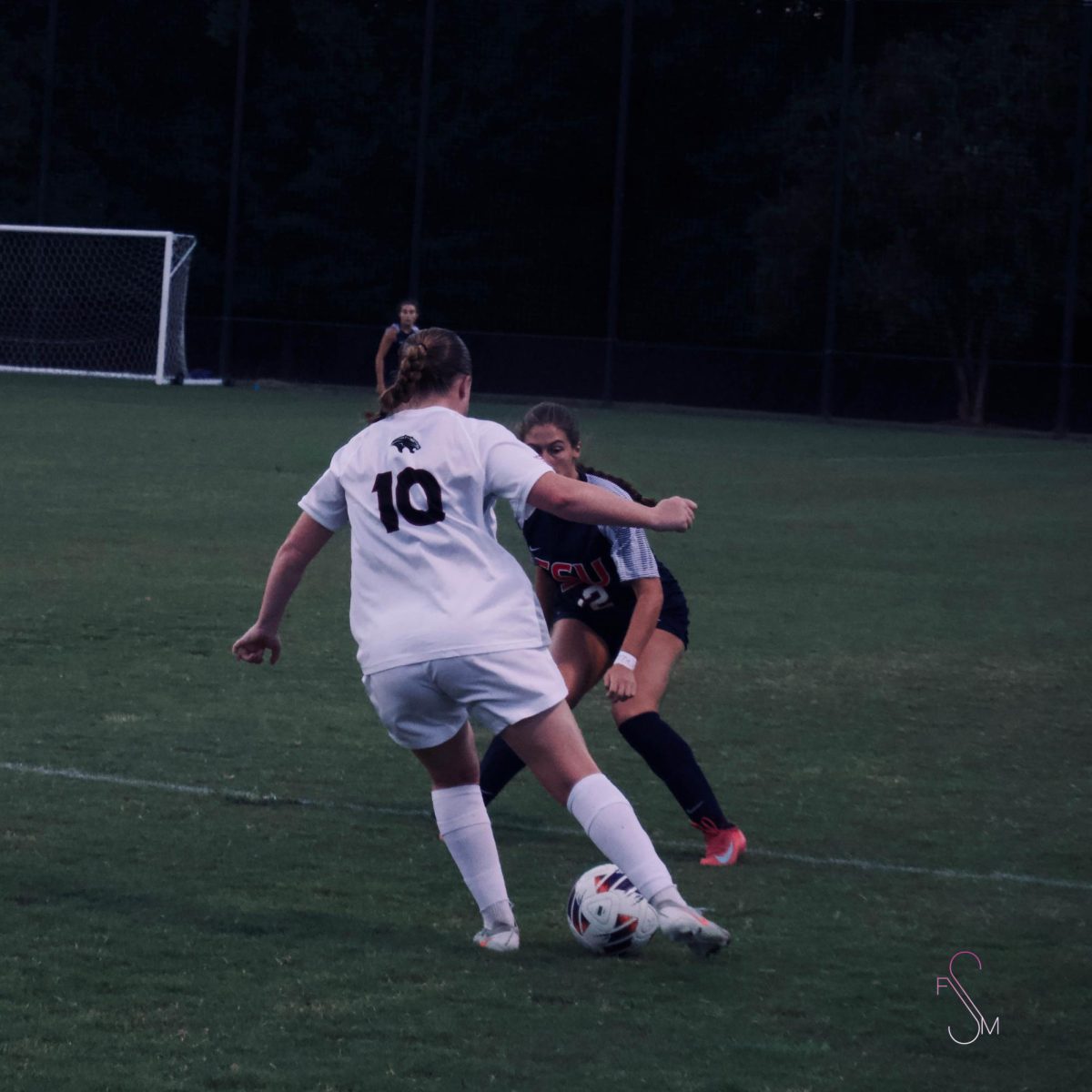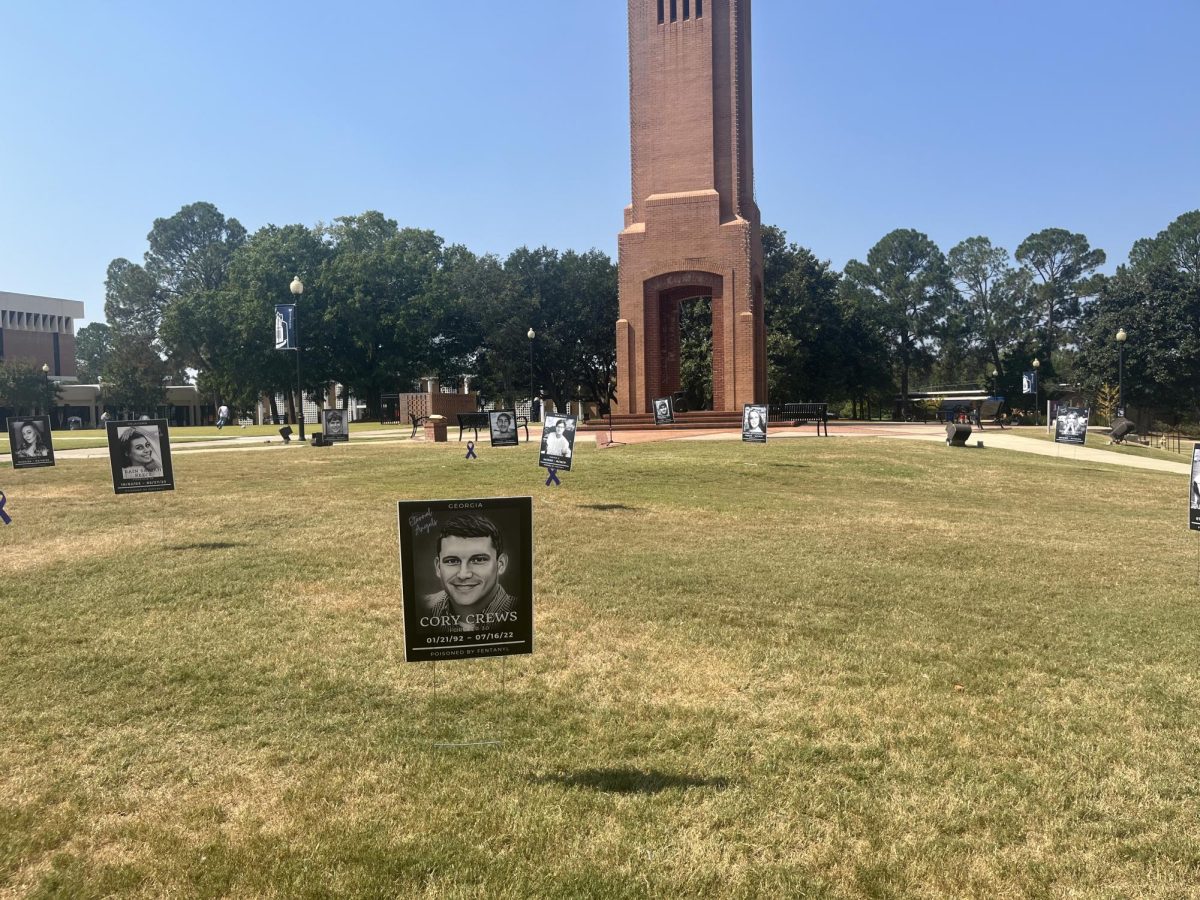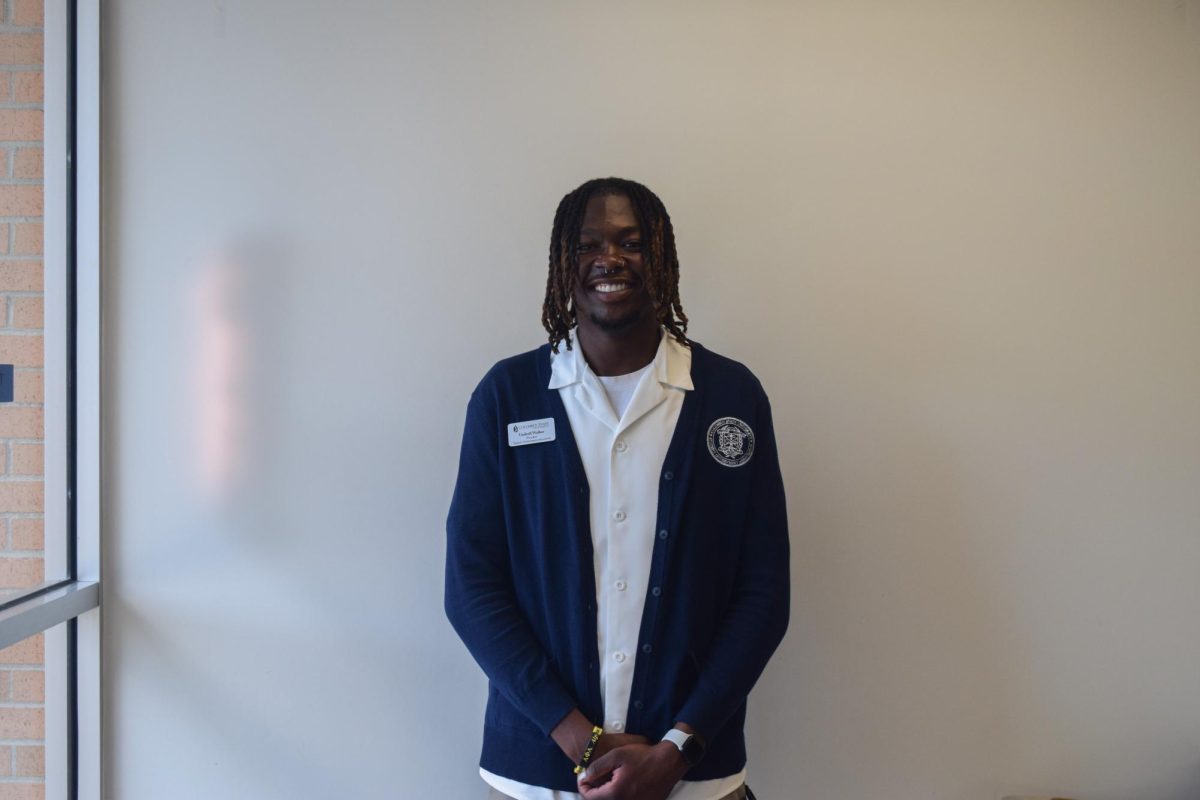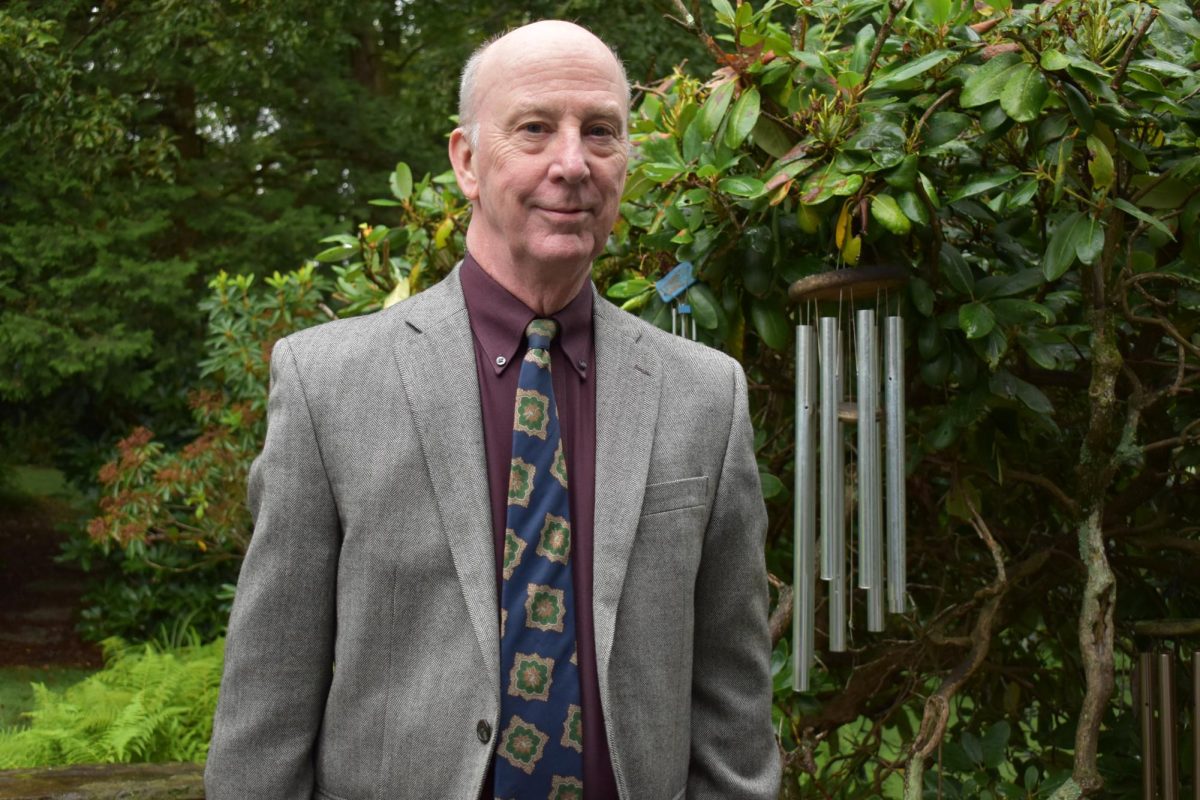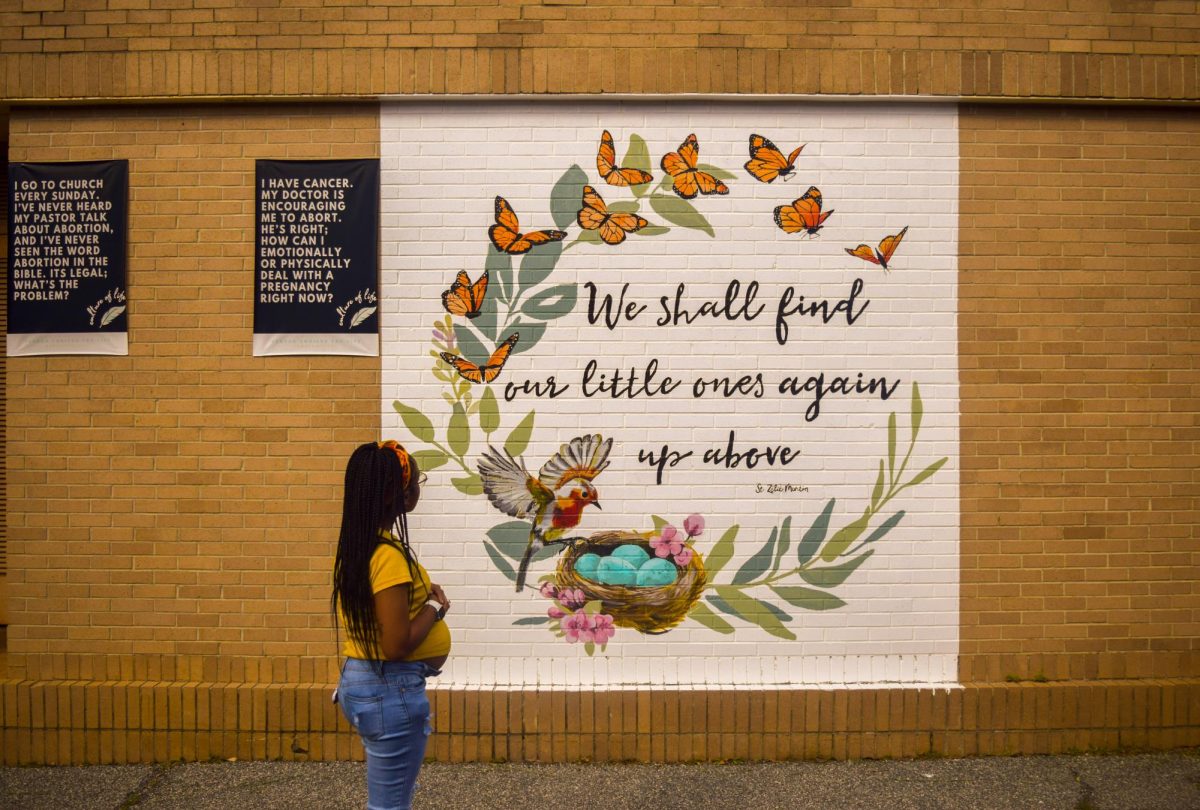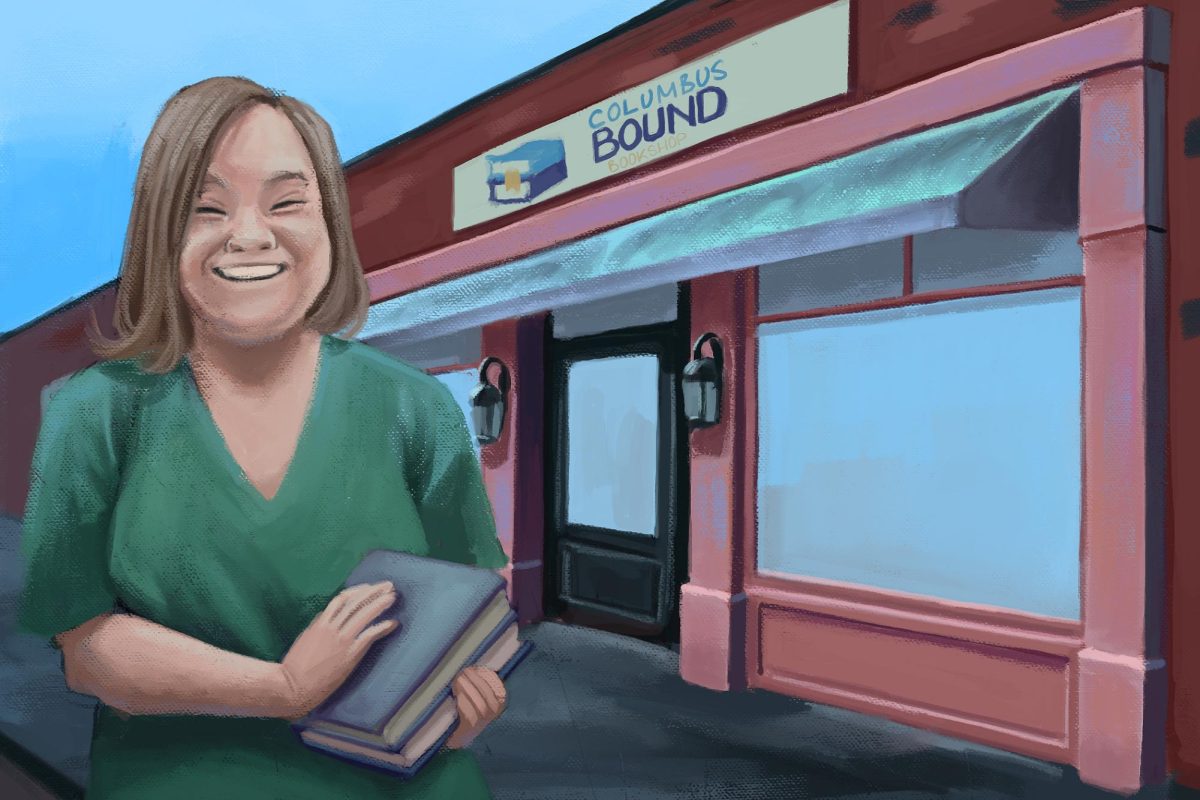CSU Advise is undergoing a major transformation by replacing faculty advisors with academic coaches. I recently met with Kenneth Gray, the director of the Center for Academic Coaching, and Beth Wisham, another academic coach at CSU, to gain insight into the university’s $4 million investment in this initiative.
What is the main goal of the new academic coaching model?
Gray: Our new Academic Success Culture Program is designed to move beyond traditional advising and create a truly personalized, student-centered experience. We want students to feel seen, supported, and empowered from their first day on campus through to graduation. We will achieve this by focusing on coaching. That’s why we went through the coaching certification, and the advisors are going to get this coaching certification so we can help students set goals, overcome obstacles, and build skills and confidence they need for long term success, both academically and personally, and help them to understand why the classes they are taking now support to their long term success, and help them to take ownership of their academic journey.
Wisham: The great thing about this new model is that it’s going to allow us to support students beyond just their academics. From time management to note-taking skills, study skills, and things of that nature, we’ll be able to really support the student as a whole, as opposed to just their academic journey. It’s exciting.
What’s the difference between an academic coach and an academic advisor?
Gray: All the academic advisors’ titles have been changed. They have been elevated to academic success coaches, so there are no more academic advisors here. But it doesn’t mean that academic advisory is going away. Their title has been changed to academic success coaches, because they’re going to be coaches as well. They’re getting certified to be coaches, and what their process is going to look like is that academic success coaches are going to work longer with students to help them develop individualized success plans, help them stay accountable, and connect them to campus resources. The thing about it is they’re going to focus on the whole student, and not just focus on actually advising any of those select classes, but also help them with career preparation, study skills, time management, and just to help them, not just in the classroom, but beyond the classroom, through graduation. This academic success coach is going to be paired with a student from the first day that they walk on campus, all the way through graduation, so they have a personalized academic success coach to walk with them throughout the entire journey here.
What qualifications do these academic coaches need to have?
Gray: They need to have a master’s degree and the willingness to get the International Coaching Federation certification, or already have the ICF certification, and we would like for them to have a background in higher education as well, specifically either academic advising or coaching.
How are these coaches compartmentalized?
Gray: The coaches are broken up by focus areas and then by majors. Each academic success coach has majors that are assigned to them, and from there, they are grouped with other academic success coaches into a focus area.
How many coaches are there per major?
Gray: It’s not necessarily by major. We’re trying to do it by the number of students. Ideally, by the time we get all 40 coaches, each academic success coach will have about 150 students. The Academic Success Coaches are going to essentially replace the faculty advising. Since we’ve switched to the coaching model, we want every single student to get that personalized experience with that coach. Making the caseload 150 students can help build that relationship with them, help them set their goals, and have that warm connection with them. It’s easier to do that when you have a smaller caseload versus a larger caseload. Some majors are smaller than others, so that’s why I say it’s not based on majors. It’s more so based on the number of students.
Will DegreeWorks be utilized by the new coaches, or will it be replaced?
Gray: We’re going to have workshops in the future, and the workshop is going to be about how to write registration tips, and we’re going to talk about DegreeWorks, how to use it, how to read it, and how to get students more acclimated with it so it’s easier for them to understand and read. We’re going to work with every student to get them more acclimated and comfortable with it, so they can understand what it is, how to use it, and how to utilize it to help them on their journey to graduation.
Where are these coaches located?
Gray: We are located on the second floor of the library on the main campus, and we are also located on the second floor of Frank Brown Hall on our River Park campus.
Is there anything you would like to add?
Gray: What drives me in this position, this role, is I want to foster and create an environment where students can thrive and succeed, and see students reach milestones that they once thought were out of their reach. It’s incredibly rewarding for me, and that’s all I want to create here at CSU.
Wisham: I echo that, and I just want to add that we’re excited about this model. We’re really excited to have the opportunity to work with students from the first day they step on campus until the day they walk across the stage. That is our absolute, ultimate goal. I think it’s going to be a fantastic thing to have a coach for every student. It’s a great opportunity, and we just really want to encourage our students to take full advantage of it. It has the potential to be life-changing. We really look forward to working with everybody.



